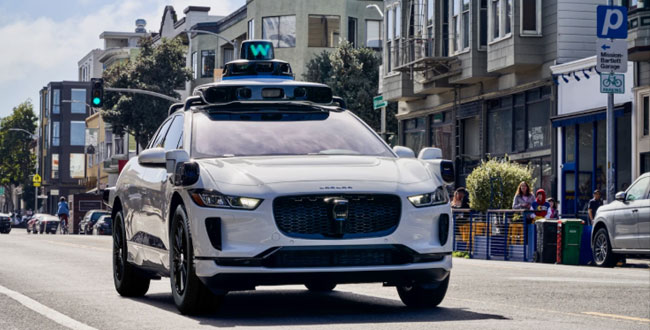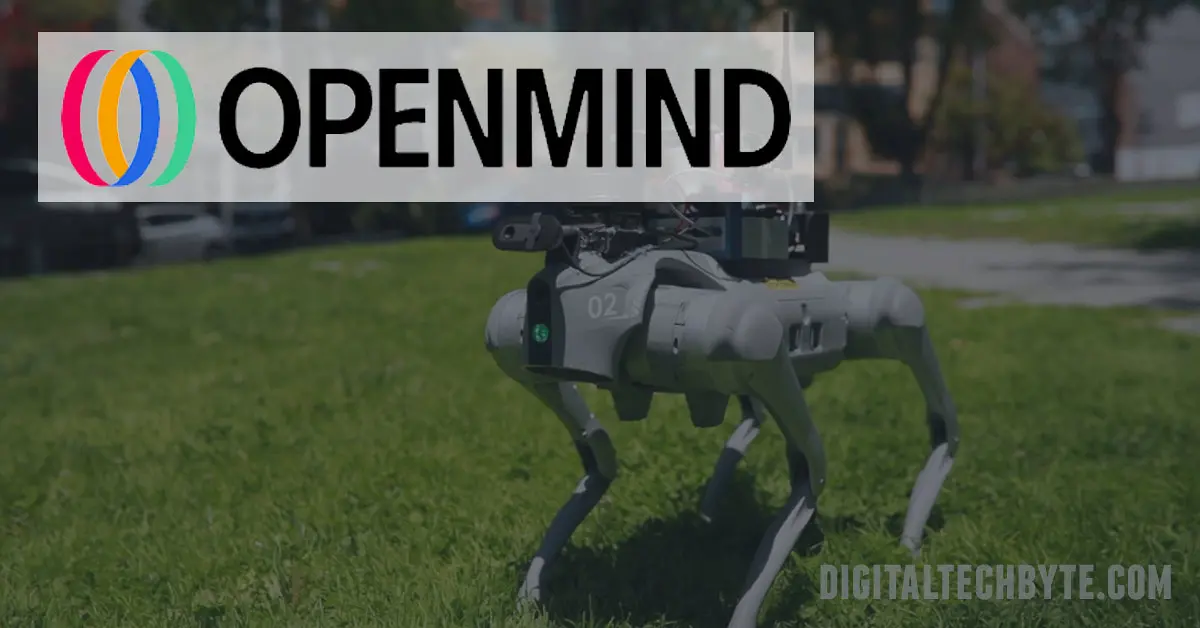Dario Amodei AI Job Displacement 2025: Risks and Realities of White-Collar Automation

Dario Amodei’s 60 Minutes interview reveals AI could displace 50% of entry-level white-collar jobs by 2030, while promising breakthroughs in medicine and cognition. Explore his warnings, potential impacts, and calls for urgent AI regulation in 2025.
Anthropic CEO Dario Amodei delivered a stark warning on CBS’s “60 Minutes,” stating that artificial intelligence could eliminate up to half of all entry-level white-collar jobs in the next five years. Speaking candidly, Amodei painted a nuanced picture of AI’s transformative power — one capable not only of profound advances, such as curing cancer and surpassing humans at complex cognitive tasks, but also posing significant societal risks if left unregulated.
Amodei described how AI is already displacing workers in legal, financial, and consulting roles, noting that AI models have become proficient at many white-collar service tasks traditionally performed by humans. He projected that these disruptions could raise unemployment rates as high as 10–20% in the near future, fueling unease about economic inequality and social stability.
Despite the potential benefits of AI in fields like medical research and software development, Amodei warned against unchecked technological advancement. Drawing parallels to the cigarette and opioid crises, he urged cautious governance and proactive regulation globally to prevent AI-related harms on a comparable scale.
Reflecting on the rapid pace of AI development and the concentrated power held by a handful of technology giants, Amodei expressed discomfort with the fact that “no one elected” these decision-makers. This statement underscored his call for thoughtful regulatory frameworks that balance innovation with public safety.
Anthropic’s CEO also highlighted his company’s efforts to build safer, more controllable AI systems, while racing to keep pace in an arms race with competitors like OpenAI. He emphasized transparency, risk prediction, and the need for ongoing oversight as integral to managing AI’s future impact.
Amodei’s interview signals a critical moment in public discourse about artificial intelligence—one where the excitement about AI’s capabilities is tempered by a sober recognition of its potential to reshape labor markets and societal structures fundamentally. His message urges policymakers, industry leaders, and the public to engage seriously with the urgent challenges ahead as AI continues to evolve at breakneck speed.





